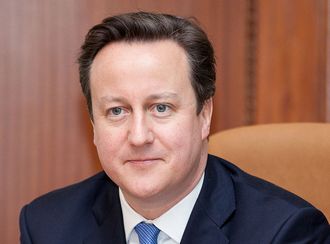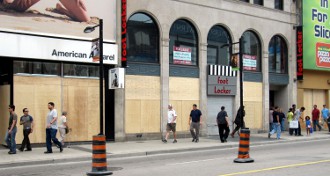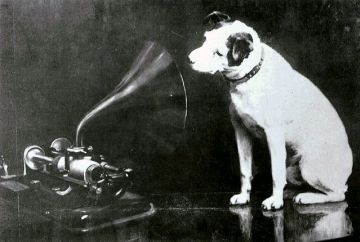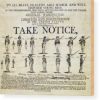 The Consumer price index (CPI) inflation rate grew to 2.9 percent in June, an increase on May’s 2.7 percent, the Office for National Statistics has announced – approaching the Bank of England’s cut-off point of three percent.
The Consumer price index (CPI) inflation rate grew to 2.9 percent in June, an increase on May’s 2.7 percent, the Office for National Statistics has announced – approaching the Bank of England’s cut-off point of three percent.
Slower rises in food prices and air fare managed to keep the lid on the inflation rate, which was expected because of increases in clothing and petrol prices from the same time last year.
Prices in clothing and footwear fell by 1.9 percent between May and June 2013 – much less than the 4.2 percent fall the same time lastyear, which was the largest on record. Transport prices rose 0.1 percent between May and June, compared with a fall of 0.5 percent for the same period last year.
Petrol prices rose by 1.0 pence per litre, compared with a 4.3 pence decline last year. Diesel was also up, but air fares fell 2.8 percent compared with a 7.4 percent rise in 2012.
The largest downward effects came from food and non-alcoholic beverages, with prices dropping 0.5 percent compared to a small fall of 0.1 percent last year. Recreation & culture saw prices drop 0.2 percent compared to 0.1 percent the previous year, with the main effect coming from package holidays.
The pound fell three quarters of a cent compared to the dollar at roughly $1.506, the BBC reports.
Berenberg Bank analyst Rob Wood told auntie that inflation is “likely to bobble around three percent for the next few months before heading down towards the two percent target next year, as weak wage growth feeds through to lower costs and inflation”.
But chief economist at the British Chambers of Commerce, David Kern, said there is uncertainty whether inflation will peak before falling later this year, as expected.
“If this happens it is still possible that the recovery will continue to slowly gather momentum throughout the year and into 2014,” he said, adding that unexpected developments like surges in energy prices could push inflation. This would mean “our growth prospects will face new risks”, he said.
The Bank of England’s target is to keep CPI around the two percent mark. If CPI pushes past three percent, governor Mark Carney must speak with chancellor George Osborne.
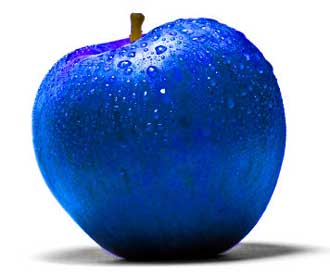 Drastic fluctuations in the value of the Russian rouble has led Apple to shut down its online store in the country.
Drastic fluctuations in the value of the Russian rouble has led Apple to shut down its online store in the country.